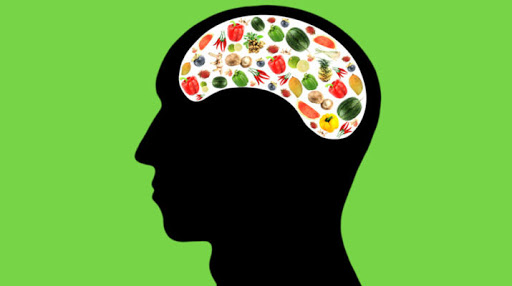An essential amino acid consumed through certain types of food that is subsequently broken down in the brain may provide researchers with a way of improving diagnosis for mental disorders.
According to a team of experts at the University of Texas Health Science Center at Houston, they investigated tryptophan, an essential amino acid metabolized within a brain area where serotonin production is rampant or within the kynurenine pathway.
The study, released in Molecular Psychiatry, looked at the differences in kynurenine metabolites among patients with a few common psychiatric disorders.
“The importance of tryptophan as a precursor for neuroactive compounds has long been acknowledged. The metabolism of tryptophan along the kynurenine pathway and its involvement in mental disorders is an emerging area in psychiatry,” researchers explained in their Nature article.
During their investigation, the research team used electronic databases to seek studies involving metabolites and the kynurenine pathway (tryptophan, kynurenine, kynurenic acid, quinolinic acid, 3-hydroxykynurenine, and their associate ratios) among patients with psychiatric disorders, such as major depressive disorder.
Close to 100 studies and a total of 10,912 participants were involved in the study.
Across the range of mental disorders they evaluated, researchers noticed that the presence of tryptophan and kynurenine is less evident in comparison to the healthy control group.
The study concluded that patients with affective disorders are at a greater likelihood to have lower levels of tryptophan.
“This is important research that hopefully will lead to a better understanding of mechanisms involved in major mental illnesses, as well as a higher level of personalization in treatments so we can best match patients to a treatment plan we know will help them,” researchers concluded.
No conflicts of interest were reported throughout the span of this publication.


